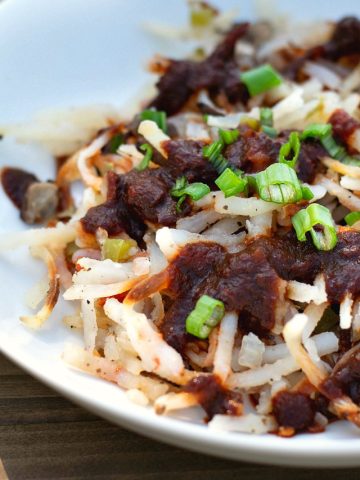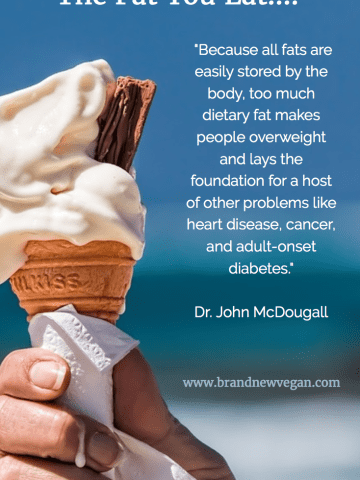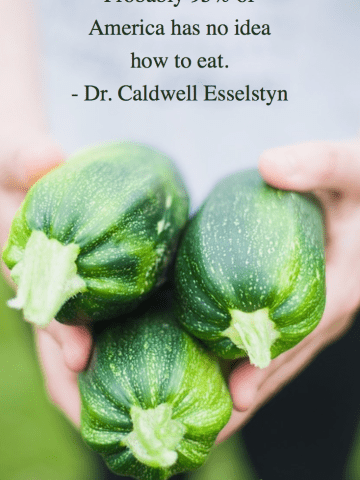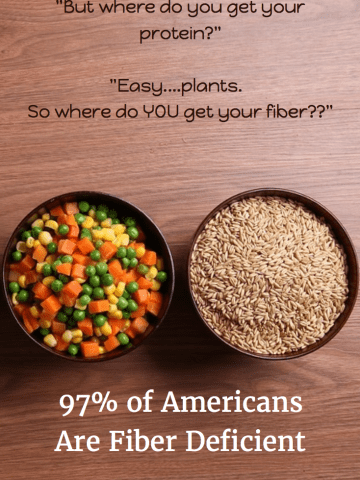Himalayan Sea Salt, Celtic Salt, Sea Salt
There's a lot of different kinds of salt on the market today, with a wide variety of prices, and an even wider variety of supposed benefits. But can we really believe all the hype?
Let's take a look...

Salt (or Sodium Chloride) is essential for life in general.
It's so important, we even have those salty taste receptors right on our tongue.
But how much do we really need and does it matter what kind?
The Institute of Medicine, a branch of the National Academy of Sciences, suggests that healthy people only need about 500 mg a day (or less), which is easily obtainable from the amount that occurs naturally in foods.
They also recommend that healthy people limit their sodium intake to no more than 1200-1500 mg per day. And they even set an upper limit of 2300 mg, meaning that if you go over that on a regular basis, it can be harmful.
So how do we do here in America? What's our average salt intake?
Americans eat an average of 3,400 mg of Sodium per day!
Wow, that's a lot of salt....and a lot of Blood Pressure Pills.
And one of the worst culprits for eating a lot of salt? Is eating in a restaurant.
Like Dr. Michael Klapper says, going to a restaurant is basically deciding which flavor of Salt, Sugar, and Fat you'd like to eat that night.
Would you like Mexican flavored Salt, Sugar, and Fat tonight?
How about Chinese flavored Salt, Sugar, and Fat?
Man, we love our salt!
I remember my dad would shake that salt shaker for a good solid minute before even tasting his foods! So would my father-in-law. And sadly they're both gone now , both from heart related conditions......
Just sayin'.....
Anyway, again...... as many of our WFPB Doctors recommend, try to limit how much salt you use and if it's absolutely necessary - just sprinkle a little on TOP of your foods AFTER its been cooked.
But what kind?
- Regular old table salt?
- Iodized salt?
- What about those fancy pink salts
- Or Sea Salt?
Fortunately, registered dietician Jeff Novick has already figured this out for us .
Yes it's true those fancy, expensive salts DO have some minerals, but let's see what Jeff has to say....
A single teaspoon of table salt has 2200 mgs of sodium.
A teaspoon of Sea Salt has around 2000 mgs. (less, but as you can see, still a lot of sodium)According to one of the leading promoters of Sea Salt, Celtic Salt, and based on the percentages they post on their website of the analysis of their product, 1 teaspoon of Celtic Sea Salt also contains...
- 12 mgs of calcium
- 7 mgs of potassium
- 27 mgs of magnesium
The recommended amounts we need are:
- 1000 mgs of calcium
- 4700 mgs of potassium
- 400 mgs of magnesium
So, in order for us to get in any significant amount of the following three nutrients (less say 20% of the recommended amount which the FDA defines as a "excellent source") ....
- Calcium, we would need to also take in 33,333 mgs of sodium
- Potassium, we would need to also take in 268,571 mgs of sodium
- Magnesium, we would need to also take in 5,925 mgs of sodium
Kind of ridiculous right?
As you can see, the amount of sodium we would need to eat in order to really get any benefit from those fancy (not to mention expensive) minerals would probably kill us.
Bottom line:
- Marketing is a billion-dollar industry for a reason.
- Always follow the money
- Never trust anything on the package of a product
- We DO need a little salt to stay healthy but most WHOLE FOODS already have just the right amount already included in their package.
- If you want a little more, try to keep the total amount to a minimum, and just sprinkle a tiny bit on your foods AFTER they've been cooked.
And if you want to spend the extra money on those fancy Sea Salts that have been blessed by Buddhist Monks high in the Himalayas - that's your choice.
But regular old Iodized Table Salt will do the exact same thing.







Nikki
It is true that the mineral content is sea slat and himalayan salt is minute. But we are not using salt as the primary source of these minerals. Smaller quantities coming from multiple foods through out the day is the key.
Table salt is usually highly processed and bleached, It often contains sugar, anti caking agents etc.
Considering these points it is better to consume Himalayan Pink salt or other forms of salt that have lesser additives and harmful agents.
Angela
Nice article! I really love Jeff Novick. He backs up every recommendation with SCIENCE! (Now, that's a novel idea!)
I gave up added salt last year as an experiment. Everything tasted quite bland for about 30 days. After that, magic happened. Everything started to taste AMAZING again. I mean, truly amazing. Nothing is bland anymore. NEUROADAPTATION baby! Gotta love it!
Since giving up added salt, ALL of my joint pain has disappeared. Magic! (BTW, I have followed McDougall for years and years!)
People who add salt to their food eat on average 11% more calories than someone who does not salt their food. (Maybe this is obvious--because salt makes everything taste so much yummier. We love to eat yummy food past satiation.). So, if you are looking to lose some weight, ditching the salt might be the little push you need.
Mark G
Good article but I won't touch nasty, idodzed salt. If I want iodine I know where and how to get it from food. And I make sure to have some seaweed two to three times a week, which gives me plenty of iodine. So, as you can see, there really is no reason to use that nasty, iodized salt that may not even be scanned for heavy metals. At least, when you buy Celtic Sea Salt you know you are getting a clean product. And I also have a backup. Saltworks has their own favorite product that I believe comes from Panama and it's a super affordable salt. But, I'll say one more thing before I go. I never really got taken in by the Himalayan salt scam. Sure I bought it for awhile but found no advantage of it over my Celtic Sea Salt. Just whatever you do, make sure you buy a salt from a reputable source. Redmond, for example, is owned by another company that that company does animal testing. So it helps to know where your salt comes from.
Melanie
I feel like we get enough saltvwothout dating any. Using less salt makes you get a new appreciation for the taste of food.
Thomas
As Alton Brown once said... "ALL salt is sea salt"
DJ
Good info! I've definitely been on the Himalayan salt train, I plan on backing off and just using when needed.